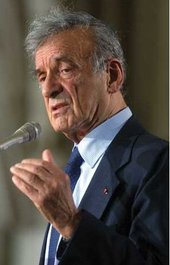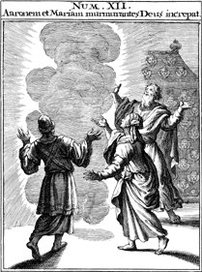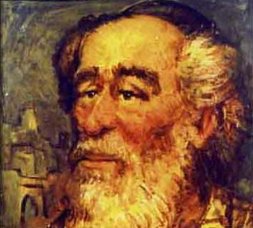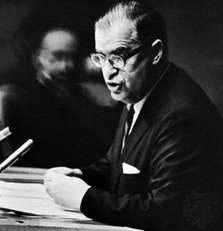Shabbat: Parsha Korach
Shabbat Shalom and welcome to Judeo Talk. The Torah portion for this week is Parsha Korach, Numbers 16:1-18-32.
The story in the Five Books of Moses reminds us that the Israelites' journey through the desert was a time of great turmoil. In this parsha alone they face plague, natural disasters and political upheaval. To read these documents is to get a glimpse into the state of mind of a people lost in the desert, ignorant of the greater forces that drive them.






